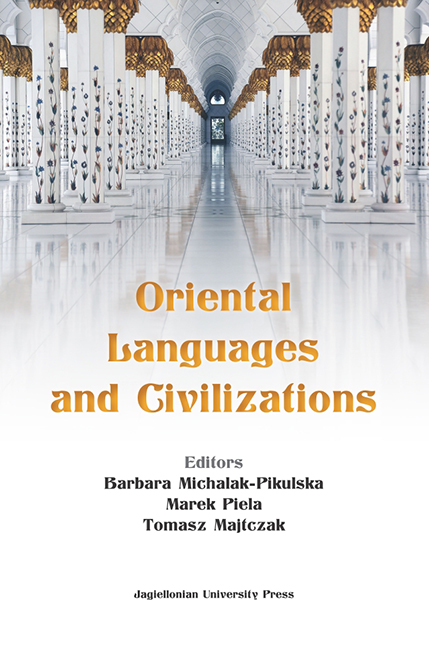Tawfiq Al Hakim and Charles Dickens. A comparativestudy between Al Hakim’s The Return of the Spiritand Dickens’ A Tale of Two Cities
Published online by Cambridge University Press: 06 November 2021
Summary
Abstract
Egyptian writer Tawfiq Al Hakim (October 1898–June1987) established a career in diverse genres, andfor over half a century, starting from the 1930s, hewrote novels, short stories, autobiographies,essays, poems, philosophical treatises, politicalmeditations, and critical studies. He managed tofully absorb the Egyptian culture and itsepistemological discourse written in both verse andprose, which includes the Ancient Egyptian, Roman,Coptic, Islamic, and modern eras. He also had anencyclopedic knowledge of European literature. AlHakim's The Return of theSpirit managed to address itssociopolitical context, to pioneer nationalistnarratives, and to interact with world literature,especially Dickens’ A Tale ofTwo Cities; both works depict the lowerclasses, either under occupation or a despoticauthority, resisting oppression and seeking thefreedom of all mankind, whether in Egypt, France,and the world. This aspect is clear in the overallstructure of the two novels.
Keywords: narrative discourse, narrator, revolution,space, The Return of theSpirit, A Tale ofTwo Cities
Narrative discourse, in its many forms and contexts,has played an active, significant role in thehistory of Egypt, and has portrayed itsrevolutionary and political struggle throughoutdecades of our modern history. This is especiallyevident in tough periods of the Egyptian history,namely WWI and the British colonialism, which allieditself with the Ottoman aristocracy to undermineEgyptians’ dream of independence and freedom, bothon the individual and collective levels. This dreamwas fueled by an intellectual and creative surge.The poetics of narrative texts, given their artisticdistinctness, managed to portray these political,social, and economic shifts, as well as the troubledeveryday life, particularly after the failure of the‘Urabi Revolt (1879–1882) and Egyptians’ attempts toset things straight through Egyptian Revolution of1919, led by Saad Zaghloul, which is considered “thefirst popular revolution that erupted spontaneously,and in which the Egyptian masses spontaneouslyexpressed their rejection of both social injusticeand foreign occupation” (Abbas, 2003, p. 2). Eventhough the revolution benefited the Egyptian peopleto a certain extent and paved the way to theEgyptian revolution of 1952, it didn't manage toachieve its primary goals, namely saving theEgyptian people from authoritarianism and attainingnational sovereignty.
- Type
- Chapter
- Information
- Oriental Languages and Civilizations , pp. 15 - 24Publisher: Jagiellonian University PressPrint publication year: 2022

